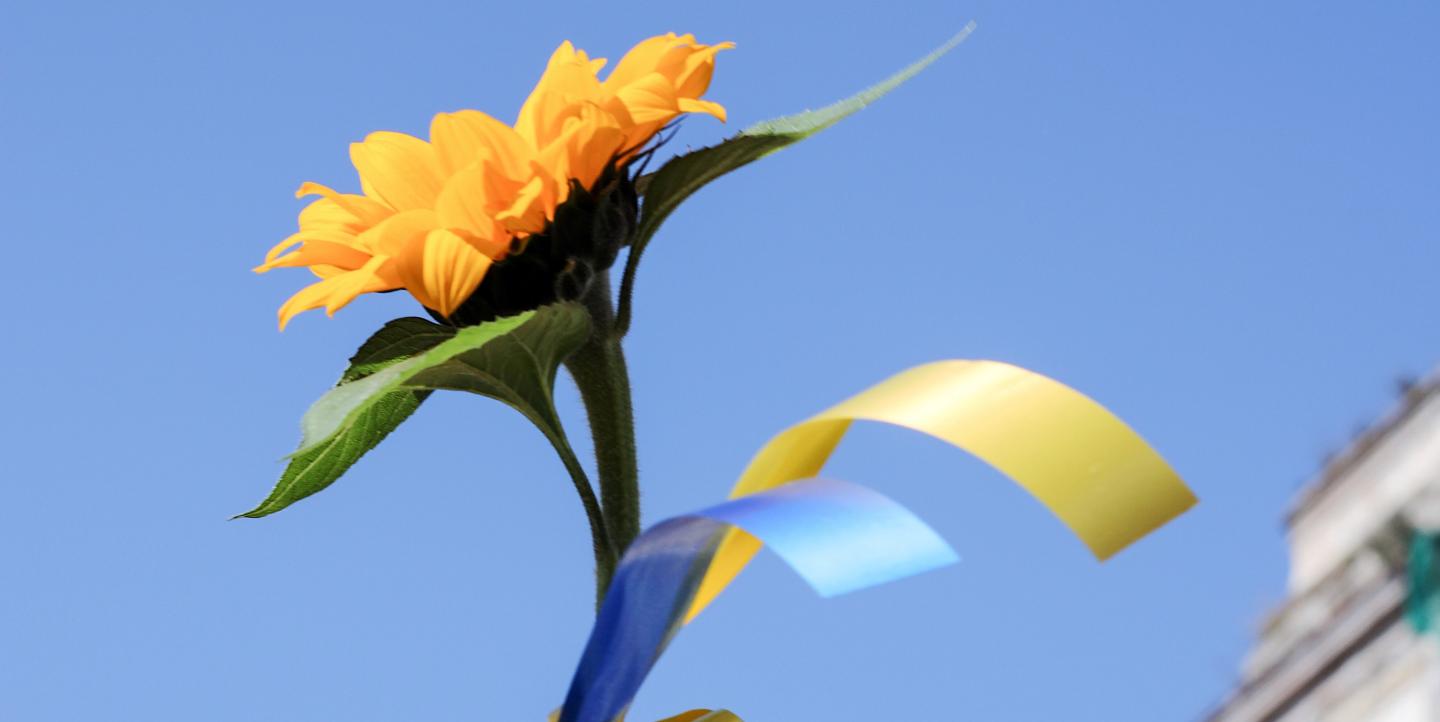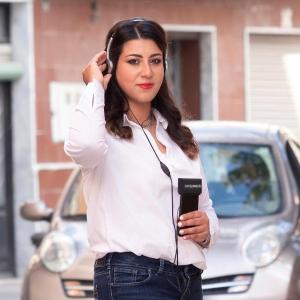Ukrainian journalists have been exposed to frequent bombardment, often deliberately targeted, as they strive to keep the public informed about the Russian invasion. While the situation is particularly dire for journalists in Russian-occupied areas, the war has impacted media across Ukraine.
One year after the start of the full-scale invasion, I spoke with several Ukrainian journalists about how the war has put them in harm’s way, impacted their mental health and forced them to switch reporting beats. Here’s what they had to say.
War news, first and foremost
On February 24 of last year, investigative reporter Maryanochka Sych was investigating a corruption case in the municipality of Lviv, Ukraine. She dropped this work the moment she heard the news about Russia's invasion.
"I received a call from a friend in a city [bordering] Russia, telling me that Russian troops have invaded the capital. I rushed to check on my father, who works in Kyiv, and I went crazy when he didn't answer,” said Sych. “Hours later, I was informed that he was hiding with others in a basement. That was the first time I felt the war. From that day on, I ceased monitoring corruption crimes in my region. Over the past [few] months, I only worked on war news and its repercussions, including the refugees who crowded into Lviv."
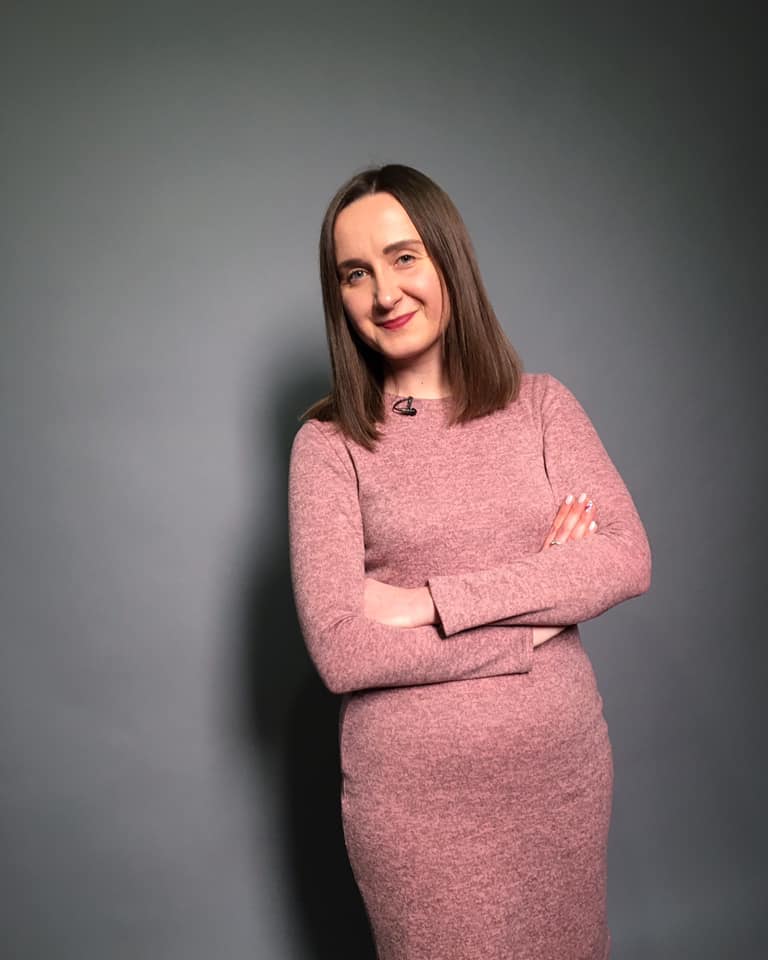
Maryanochka Sych, photo courtesy of Sych.
Journalists’ heightened attention on the war has come with a cost, however. Some Ukrainian media outlets, Sych noted, tend to focus exclusively on the war at the expense of other stories that need telling.
“Local journalists are getting solid experience in war coverage, but the negative impact is clearly evident on journalists working in other fields such as entertainment or sports journalism, as well as other news and investigations like corruption cases that I was working on," she said.
No time to rest
UN-appointed independent rights experts have documented numerous reports of journalists being “tortured, kidnapped, attacked and killed, or refused safe passage from regions under Russian siege in Ukraine.” At least 12 journalists have been killed while covering the war, according to the Committee to Protect Journalists, in addition to others who have been arrested or harassed.
“Wearing the press badge does not help all [the] time. [Russian forces] aim at a local [Ukrainian] journalist in cold blood,” said Peter Sazonov, a Ukrainian photojournalist. “My colleagues were captured and killed in the territories occupied by Russia because they are Ukrainians. The situation is slightly better when the journalist is a foreigner.”
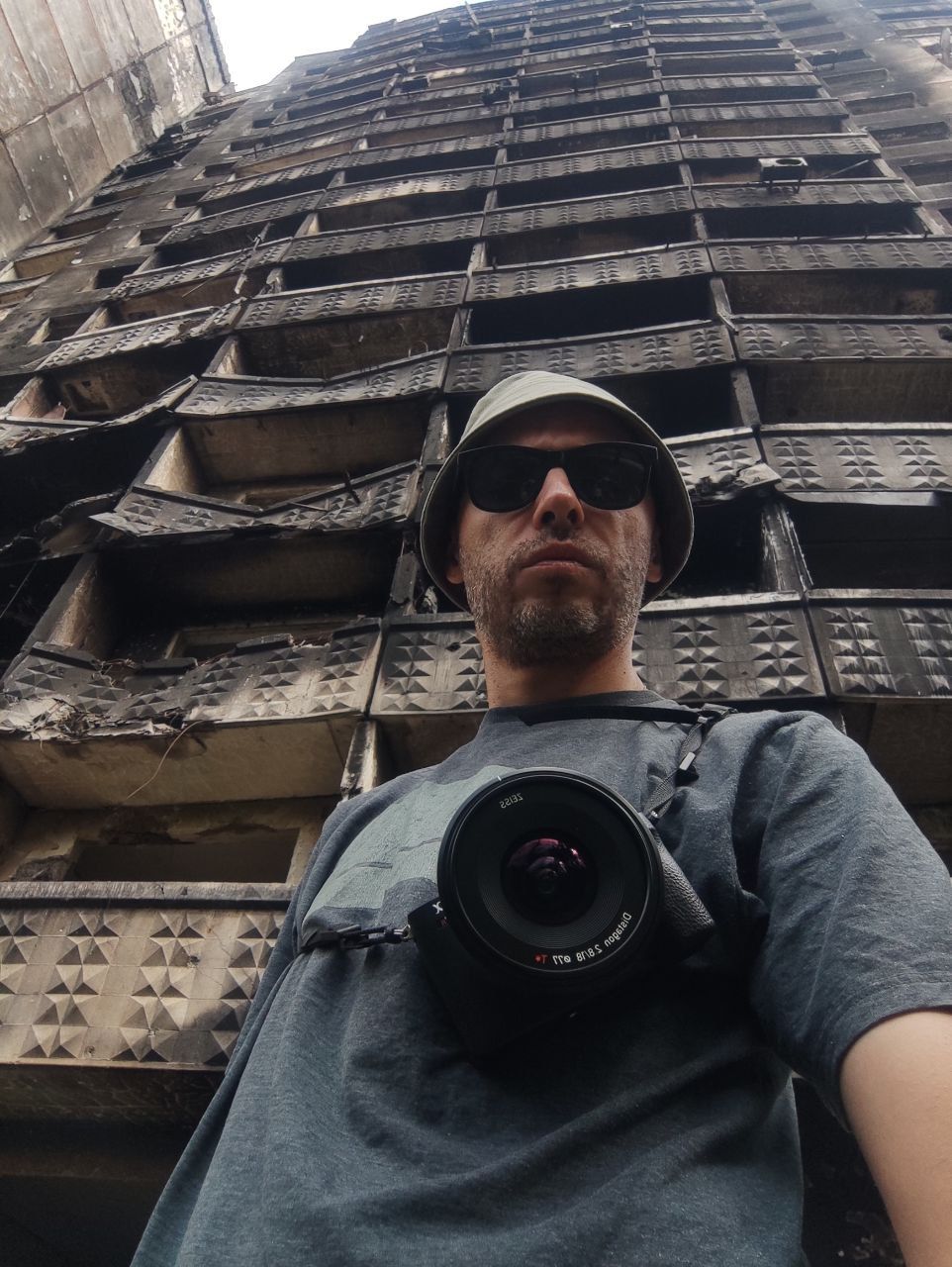
Peter Sazonov. Photo courtesy of Sazonov.
Sazonov doesn't have a single day to rest while covering the war, he says, nor does he receive any psychological support to address what he has witnessed during his coverage. “There is no actor that has taken the initiative to support the local war journalists psychologically. Furthermore, journalists do not find time for that since they work day and night,” he said.
Stanislav Storozhenko, a journalist from Kyiv who now reports from eastern Ukraine, agrees that covering the war takes a mental toll on journalists, and that they lack support.
"Stories of Russian war crimes against journalists blew my mind," he said. “Freelancers especially don't get any psychological support. I haven’t heard of a single initiative that aims to do so. Those who are busy on the frontlines don't have time to engage in that process.”
Fixers, the unknown soldier
Fixers in Ukraine have received no shortage of work over the past year. International journalists arriving in the country, to cover the war with no knowledge of the Ukrainian language and society, have incentivized some Ukrainians who are proficient in other languages, such as English or Spanish, to work as local fixers and translators to help the foreign press crews achieve their coverage in Ukraine.
Alex Morozov is a fixer based in Kyiv. Before the war, he had his own freight company, but he stopped this work due to the conflict. In March, he and his company team found work transporting and assisting foreign journalists. Having cars and the ability to speak English helped him get the job as a fixer.
"It started as volunteer work to help refugees inside the country, then I helped an American journalist during her trip to cover the war. Soon, I got many offers to assist press crews from around the world who wanted to be in various cities of Ukraine," said Morozov. "I didn't get any training to work in a war environment. Yet, after a visit to Kherson with a European press crew, I started educating myself as a paramedic so that I can help people on the frontline."
Oleksii Otkydach also had no experience in journalism before the war; he was a Spanish teacher. His teaching background enabled him to provide Spanish-speaking international media analysis on war events.
“I drew the attention of an Argentinian press team while I was giving remarks on Spanish channels. They wanted me to cooperate with them as a fixer during their trip in Ukraine,” said Otkydach. “A fixer needs special training – at least basic skills like managing logistics, driving ability, contacts and knowledge of first aid. Otherwise, many people may face security risks.”
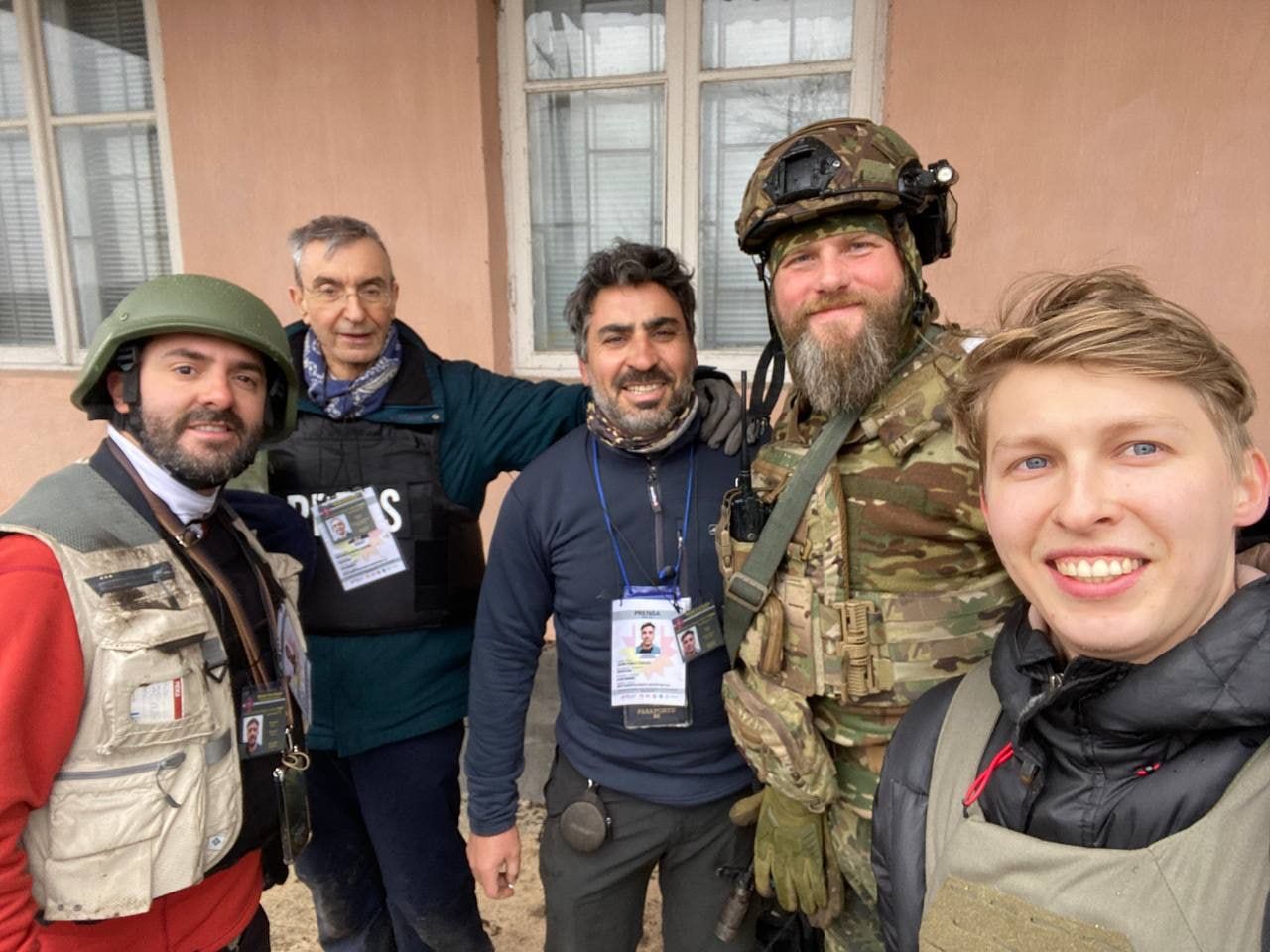
Olekssi Otykydach, photo courtesy of Otykydach.
One media platform for all
On March 16, a few days after the Russian invasion, the Media Center Ukraine held its first press conference in Lviv, announcing that it formed a new platform with dozens of local and international media, as well as NGOs, to follow up on war-related developments.
The Center helps train journalists and connects foreign reporters with local English-speaking volunteers, who assist them while they are in the country. It also has a daily newsletter and regularly convenes briefings.
The Media Center opened its first office in Lviv, in western Ukraine, and after Russian forces withdrew from Kharkiv and the surrounding regions in September, opened three more offices in Kyiv, Kharkiv and Odesa.
Photo by Nati Melnychuk on Unsplash.

